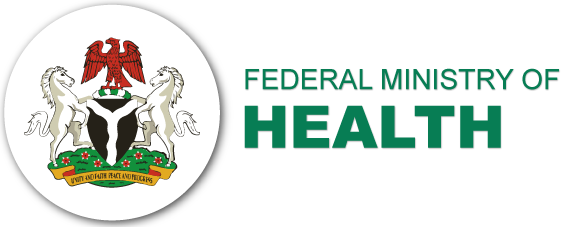The Federal Ministry of Health in collaboration with the Nigeria Centre for Disease Control and Prevention (NCDC), on Monday, inaugurated a national infection prevention and control (IPC) technical working group to enhance healthcare safety across the country.
Members of the committee were drawn from various agencies of the ministry such as The National Agency for Food and Drug Administration and Control (NAFDAC), Medical Laboratory Science Council of Nigeria (MLSCN) and NCDC as well as international organisations such as AFENET among others.
Inaugurating the committee, the Coordinating Minister of Health and Social Welfare, Prof. Muhammad Ali Pate said Healthcare associated infections, (HAIs) pose a significant threat to the health and well-being of Nigerians.
He said these infections, caused by various pathogens, can lead to severe complications, extended hospital stays, and could tragically end in death.
BBNaija S9: Ndinne pair wins first custodian of house challenge
Aunt, niece, twins, couple, siblings battle for BBNaija grand prize
He said a recent study revealed that approximately 44% of patients admitted to the country’s hospitals acquire at least one healthcare associated infection during their stay.
He said, “The human and economic costs are substantial and have been calculated to cost USD 715 per episode, draining vital resources and funds that could be channeled towards other critical aspects of our health system. The burden of healthcare associated infections extends beyond financial implications, as it represents a threat to the health and productive years for our citizens, affecting the quality of life for countless families and healthcare workers.”
The minister said the recent Joint External Evaluation (JEE) conducted in Nigeria indicated that while Nigeria has made significant progress in infection prevention and control, there are still strategic areas that the country needs to strengthen.
He said the JEE, having highlighted the need to continue strengthening infection prevention and control practices in our healthcare facilities, recommended some key actions to take as a country, adding that the establishment of the National IPC Technical Working Group was one of such recommendations. .
The Director General of the NCDC, Dr Jide Idris said compelling evidence shows that up to 70% of healthcare-associated infections can be prevented by implementing effective IPC interventions.
He said Infection prevention and control, or IPC, is not merely a set of protocols but is the cornerstone of public health and the bedrock upon which a resilient health system is built.
Represented by Dr Chukwuma Anyaike, Director Public health , Federal Ministry of Health, he said over the last decade, major outbreaks of diseases such as Ebola, Lassa fever, cerebrospinal meningitis, diphtheria, cholera, and the COVID-19 pandemic have demonstrated how rapidly infections can spread through communities and be amplified in healthcare settings.
He said, “These events have exposed gaps in our IPC programmes and highlighted the necessity for comprehensive infection prevention and antimicrobial resistance (AMR) strategies. No patient seeking care should be infected while receiving it, and no healthcare worker should risk infection while providing care.”

 Join Daily Trust WhatsApp Community For Quick Access To News and Happenings Around You.
Join Daily Trust WhatsApp Community For Quick Access To News and Happenings Around You.

